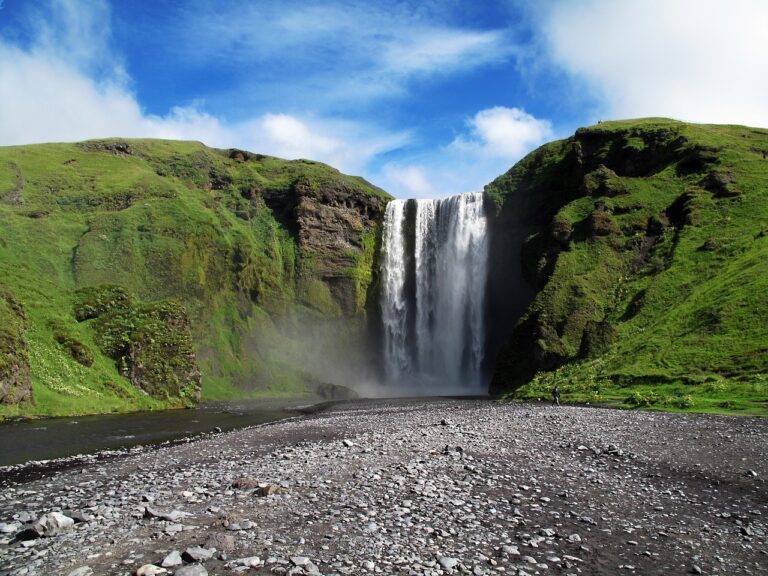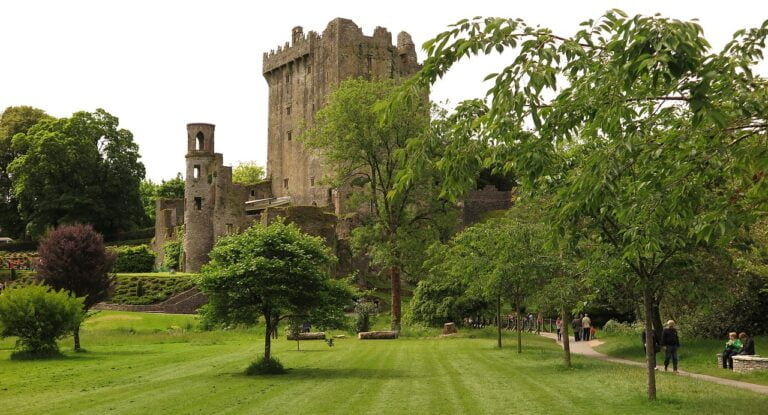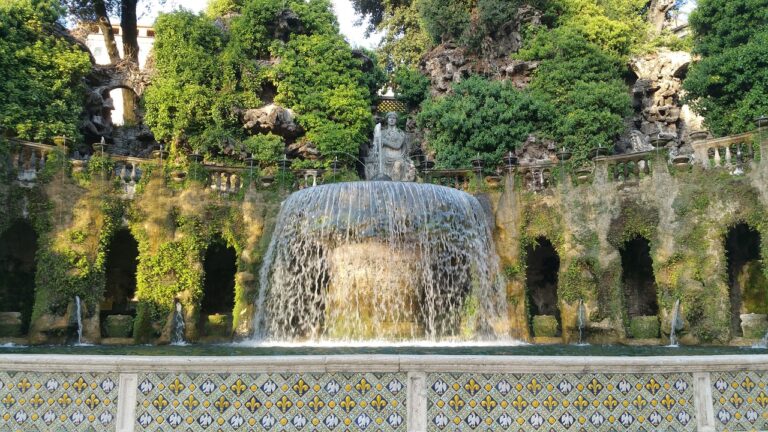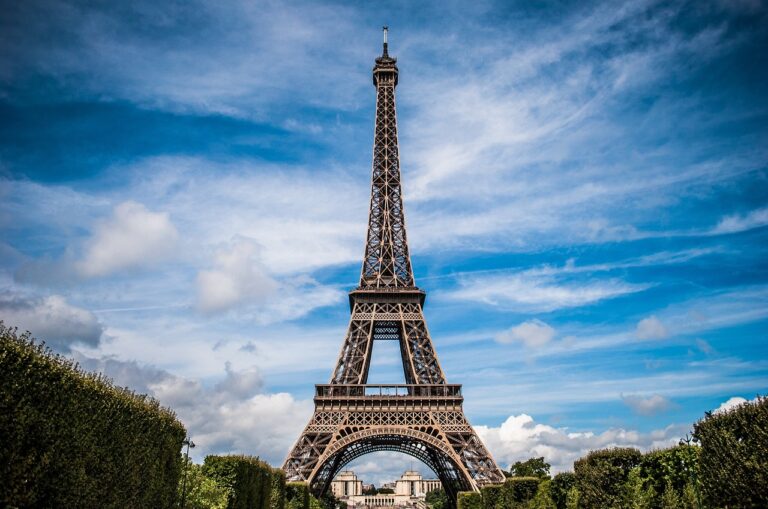What Are Hippies Called Today?
Today, the modern-day equivalents of hippies are identified by a diverse range of labels and identifiers that reflect their values, lifestyles, and causes, from indie and bohemian to freegan and eco-warrior. These contemporary free spirits continue to drive social change through grassroots movements, online platforms, and community-driven initiatives. They champion causes such as environmental sustainability, social justice, and human rights. With a focus on creativity, nonconformity, and inclusivity, they embody the spirit of the original hippie movement. As you venture into the evolution of counterculture, you'll discover the many faces of modern-day hippies and the ways they're shaping a brighter future.
The Evolution of the Counterculture
Throughout the 1960s, the counterculture movement underwent a profound transformation, gradually shifting from its Beat Generation roots to a more radical and politicized manifestation. This metamorphosis was fueled by the civil rights movement, anti-war protests, and the rise of feminism. As a result, the hippie movement became more organized, with a focus on collective action and social change. The iconic Summer of Love in 1967 marked a turning point, as thousands of young people converged in San Francisco to celebrate peace, love, and music. This pivotal moment cemented the counterculture's status as a powerful force for social transformation, paving the way for future generations of free-thinking individuals.
Modern-Day Free Spirits and Activists
Today's free spirits and activists, fueled by the same rebellious spark that ignited the counterculture movement, continue to drive social change through grassroots movements, online platforms, and community-driven initiatives. They champion causes such as environmental sustainability, social justice, and human rights, often using creative and unconventional methods to raise awareness and inspire action. Through their unwavering commitment to creating a better world, they inspire others to join the fight for positive change. By embracing diversity, inclusivity, and nonconformity, these modern-day free spirits and activists embody the spirit of the original hippie movement, adapted to the complexities of the 21st century.
Contemporary Labels and Identifiers
Approximately 50 years after the original hippie movement, a multitude of contemporary labels and identifiers have emerged, each reflecting a unique aspect of the modern free spirit's identity and values. Today, terms like 'indie' and 'bohemian' describe individuals who embody a carefree, artistic lifestyle. 'Freegans' identify as those who reject consumerism and live off the grid. 'Yippies' (Youth International Party) combine activism with a playful, countercultural approach. 'Burners' refer to attendees of the Burning Man festival, known for their creativity and self-expression. These labels not only define modern free spirits but also provide a sense of community and belonging. Each identifier represents a distinct facet of the modern hippie ethos, showcasing the diversity and complexity of contemporary free-spirited individuals.
The Rise of the Eco-Warrior
The eco-warrior movement marks a significant shift in the modern hippie narrative, as individuals prioritize environmental activism over commercial interests. This new wave of green reformers is driven by a sense of urgency, recognizing the critical need to protect the planet from human-made destruction. By putting the planet over profit, eco-warriors are redefining the boundaries of activism and inspiring a new generation of environmentally conscious citizens.
Green Revolutionaries Unite
Sixties counterculture spawned a new breed of activists who fused environmentalism with social justice, birthing the modern eco-warrior movement. These green reformers unite under a shared vision of a sustainable future, where human rights and environmental stewardship converge. From grassroots organizers to high-profile advocates, eco-warriors mobilize communities, challenge corporate power, and push for policy reforms. Empowered by digital tools and social media, they amplify their message, mobilize support, and inspire collective action. As the climate crisis intensifies, green transformers remain at the forefront, demanding systemic change and ecological restoration. United in their quest for a livable planet, they embody the spirit of hippie activism, reimagined for the 21st century.
Planet Over Profit
Beyond the ideological boundaries of traditional activism, a new wave of eco-warriors emerged, driven by a fierce determination to prioritize the planet's well-being over corporate profits. These modern-day environmentalists are not just tree-huggers, but forward-thinking individuals who recognize the intricate web of relationships between human consumption, climate change, and ecological degradation. They advocate for sustainable living, renewable energy, and reduced waste, often using innovative technologies and grassroots movements to drive change. From Extinction Rebellion to Fridays for Future, eco-warriors are mobilizing globally, demanding systemic reform and individual accountability. By putting the planet over profit, they seek to safeguard a livable future for generations to come and guarantee a thriving planet for years ahead.
Alternative Lifestyles in the 21st Century
Modern-day hippies, often referred to as neo-hippies, are embracing alternative lifestyles that blend traditional counterculture values with contemporary concerns, such as environmental sustainability and social justice. This fusion of old and new values has given rise to a diverse range of alternative lifestyles that prioritize individual freedom, creativity, and community.
- Off-grid living and eco-villages that promote self-sufficiency and minimize carbon footprint
- Minimalist and zero-waste lifestyles that reject consumerism and excess
- Co-living spaces and intentional communities that foster collaboration and mutual support
- Nomadic and van life adventures that celebrate freedom and spontaneity
- Alternative education and skill-sharing initiatives that promote lifelong learning and personal growth
Rediscovering the Hippie Ethos
As the world grapples with the consequences of unchecked capitalism and environmental degradation, a growing number of individuals are reviving the hippie ethos, seeking a more authentic, compassionate, and environmentally conscious way of living. This renewed interest in hippie values is driven by a desire for a more meaningful and sustainable existence. Modern-day hippies are embracing eco-friendly lifestyles, sustainable fashion, and plant-based diets, while rejecting the excesses of consumer culture. They're also drawn to alternative forms of spirituality, such as yoga and meditation, and are actively engaged in social and environmental activism. By rediscovering the hippie ethos, individuals are not only finding personal fulfillment but also contributing to a more equitable and environmentally conscious society.





